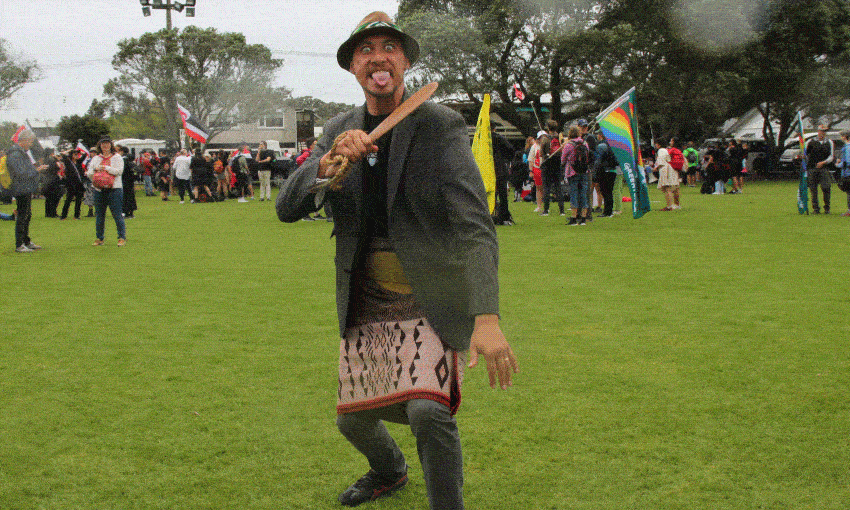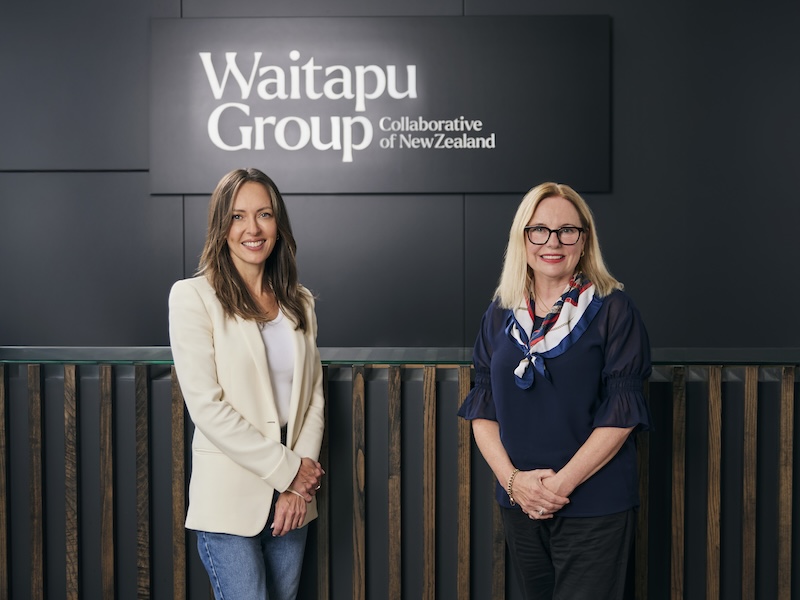File image.
Photo: Gorodenkoff Productions OU / 123RF
The Commerce Commission has rejected a complaint that changes in who owns medical imaging scanning practices could markedly erode competition.
A group of large radiology operators, including Pacific, had complained about surgeons taking stakes in new practices.
The commission said there was no evidence the arrangements were entered into with the aim of substantially lessening competition.
“We do not consider that the arrangements are sufficiently widespread at this time to have the effect or likely effect of substantially lessening competition,” the commission told the Institute of Independent Radiologists, which lodged the complaint.
The commission made initial inquiries, assessing the issue under a section of the Act about competition, but was not taking it further.
“We note our understanding that referrers who have shareholding interests are required by the Medical Counsel [sic] to make decisions that are free of commercial bias (or the appearance of commercial bias).”
The Institute of Independent Radiologists, which groups seven large providers, has targeted the new practices through the commission, the Medical Council, the Ministry of Health, and the courts.
The institute said it welcomed the Commerce Commission saying it could revist the issue if the ownership model spread.
A backer of new radiology practices with mixed ownership that have opened, or will open, in Auckland, Wellington and Christchurch said the decision backed them.
“The entities we’re standing up in partnership with … are actually working to increase and promote competition, which ultimately will drive more capacity into the market, which is better for patients,” managing director of Mercy Radiology Lloyd McCann said.
A number of institute members adopted similar ownership models, and their challenges were a distraction, he said.
“There is too much work for the sector at the moment. We’d much rather be focusing on just getting people the diagnostic interventions that they require,” McCann said.
The Medical Council recently strengthened its guidelines on doctors avoiding commercial bias.
The council also earlier dismissed complaints from the radiologists’ group against about 20 surgeons over their stakes in practices.
In addition, a High Court hearing was held earlier this month and a ruling was awaited on the institute asking for an independent review of how ACC funds practices.
The institute groups seven large providers and was set up in response to rapid changes since last year in the New Zealand radiology sector.
“We are concerned about the growing issue of medical specialists referring patients for imaging services at radiology practices where the referrer has a financial interest,” it said on its website.
“When there is a financial conflict of interest, independent advice can be compromised.”
The risks were of unnecessary surgical treatments and “unnecessary exposure to radiation” from too much scanning.
Surgeons have accused the grouping of engaging in turf protection.
They also argue that the health sector has always relied on the integrity of radiologists, surgeons and other specialists referring patients for the right amount of treatment with the right provider, and the new practices do not change that.




















Discussion about this post